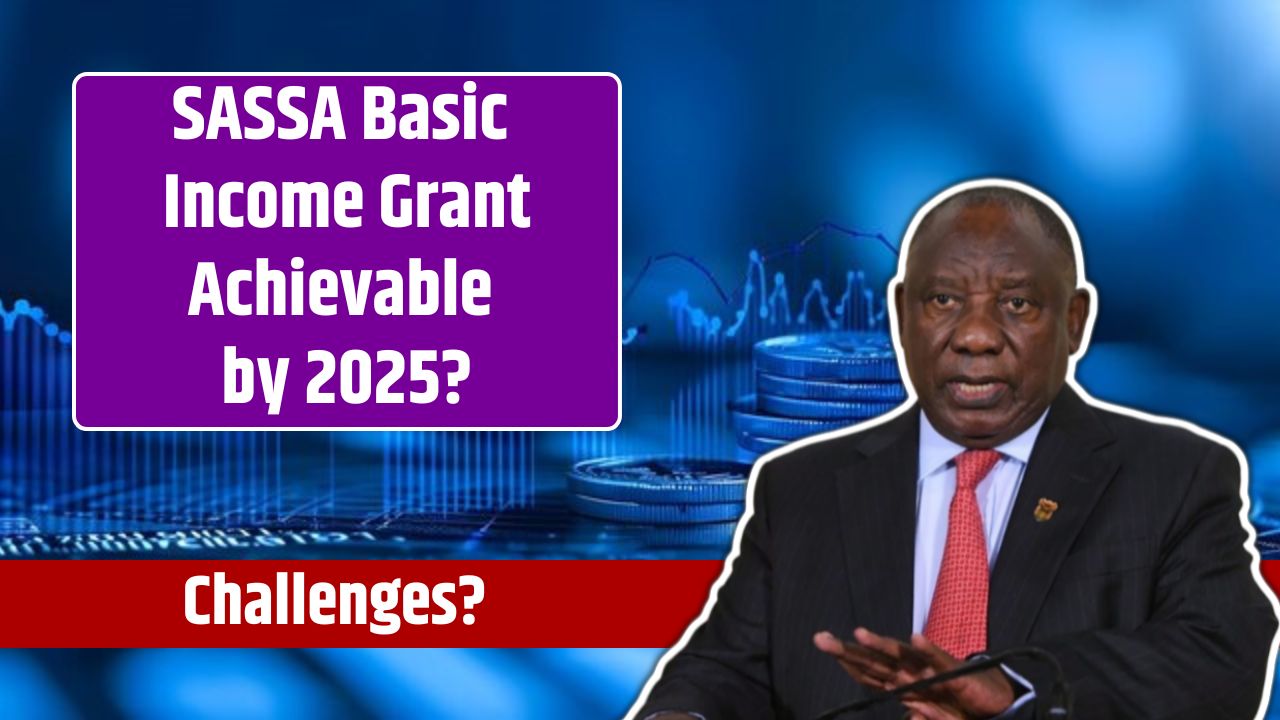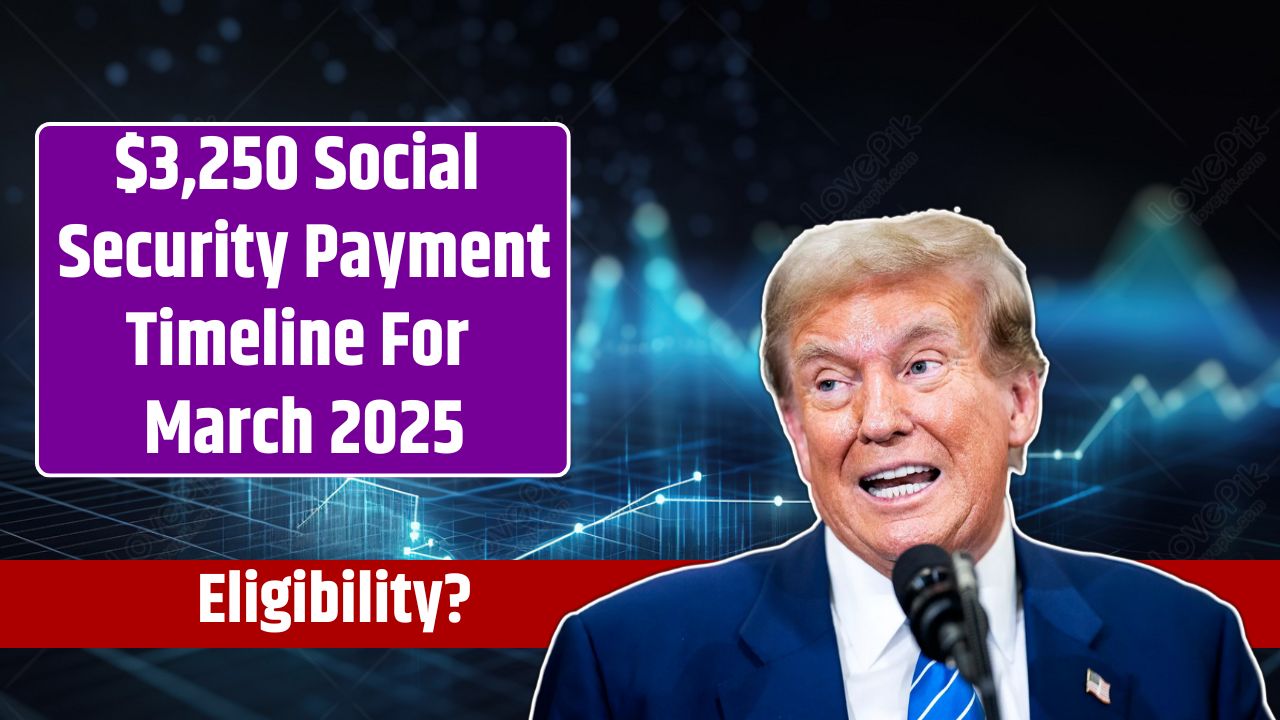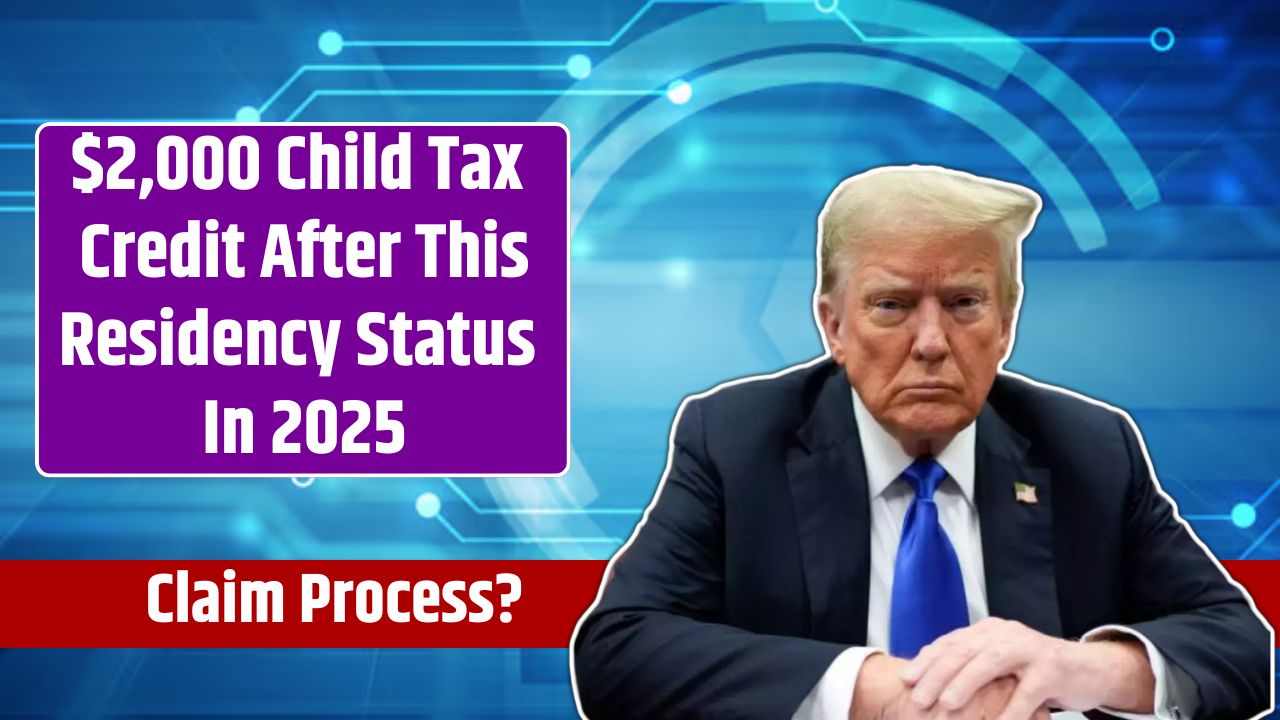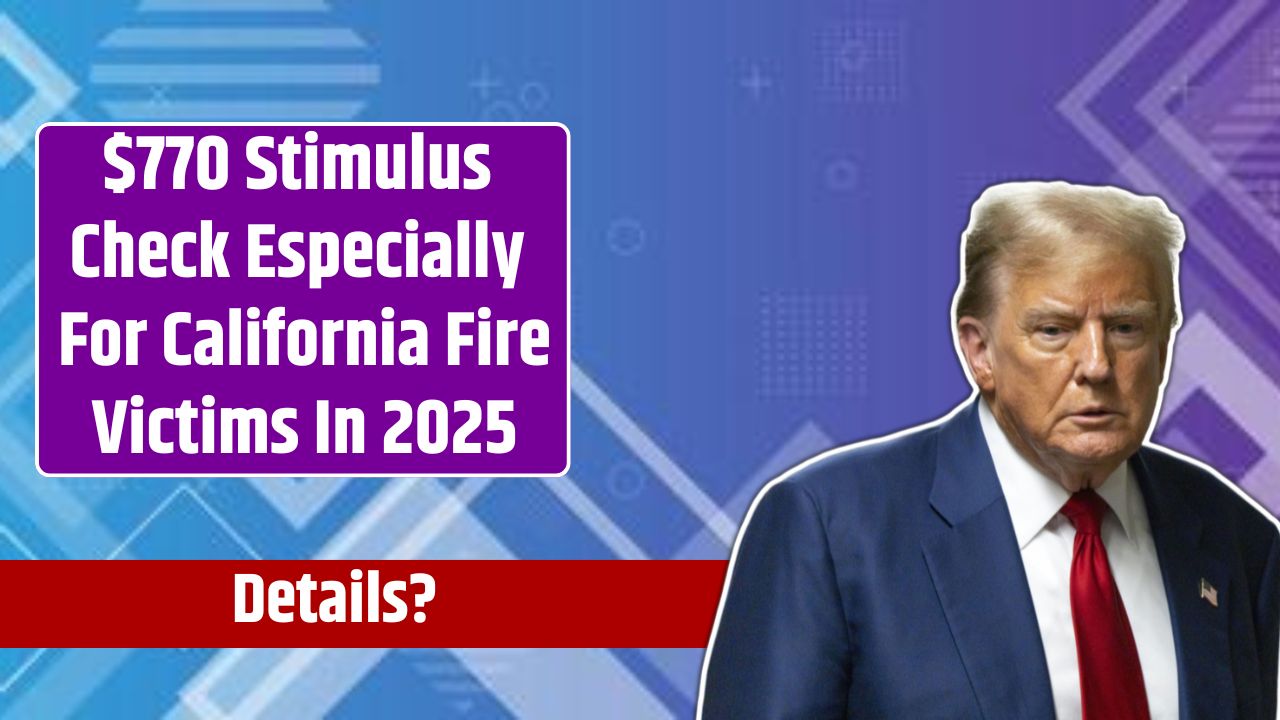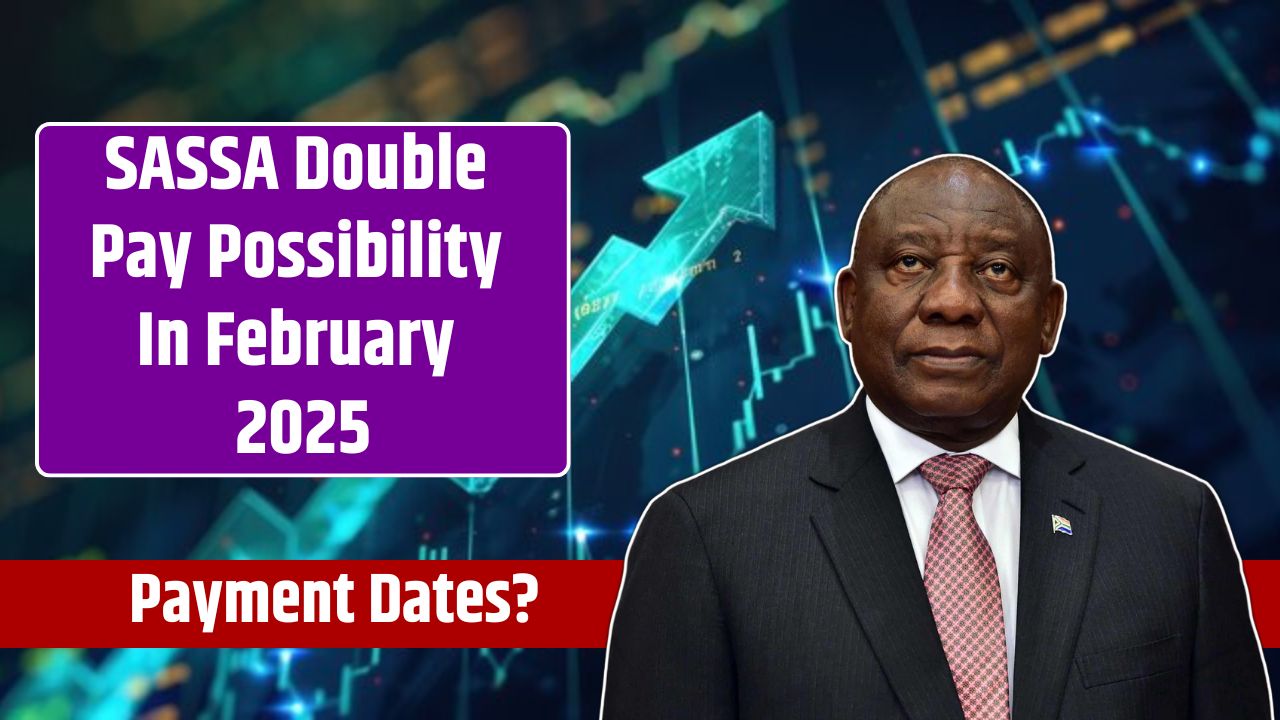The idea of a Basic Income Grant (BIG) in South Africa by 2025 has stirred hope and debate across the nation. Promising to reduce poverty and promote economic stability, BIG could be a game-changer.
However, with persistent challenges within the South African Social Security Agency (SASSA) and fiscal constraints, its implementation remains uncertain.
This article explores the potential for a BIG in South Africa, the challenges faced by SASSA, and what needs to happen to turn this vision into reality.
What is a Basic Income Grant (BIG)?
BIG is a universal social welfare system that provides citizens with a guaranteed minimum income, regardless of employment status or financial need.
It aims to address poverty, reduce inequality, and foster social stability.
Key Benefits of BIG:
- Poverty Reduction: BIG can uplift millions living below the poverty line.
- Economic Growth: Increased consumer spending can stimulate business growth and job creation.
- Social Stability: By addressing income inequality, BIG fosters a more cohesive society.
- Access to Services: Guaranteed income allows people to invest in essentials like healthcare and education.
Proposals suggest setting the BIG amount at R1,268 monthly, significantly higher than the R370 Social Relief of Distress (SRD) grant.
With over 13 million South Africans relying on the SRD grant, BIG could potentially benefit 20 million citizens.
Challenges Facing SASSA
Despite its potential, BIG faces several hurdles, primarily tied to SASSA’s inefficiencies and the broader systemic issues in South Africa.
Operational Failures
SASSA has struggled with operational inefficiencies that directly impact beneficiaries:
- Long Queues: Many recipients endure hours, even days, in line at SASSA offices.
- Payment Delays: Especially in rural areas, delays exacerbate hardships for vulnerable individuals.
Fraud and Cybersecurity Gaps
Recent investigations reveal alarming vulnerabilities within SASSA’s systems:
- Unencrypted Data: Sensitive information, such as ID numbers and banking details, lacks proper protection.
- Cybercrime Risks: Weak systems have led to personal data breaches, impacting over 300,000 identities.
- Fraudulent Activities: In 2024, fraud-related losses reached R3.3 billion, a significant portion linked to grants.
Leadership Instability
SASSA has faced significant leadership challenges:
- CEO Controversies: SASSA’s CEO was suspended amid mismanagement allegations.
- Accountability Issues: Lack of oversight and transparency undermines public trust.
Legal and Fiscal Hurdles
BIG’s implementation is also constrained by legal challenges and fiscal realities.
Legal Challenges
Civil society groups are challenging the sufficiency of the R370 SRD grant:
- Court Cases: Organizations like the Institute for Economic Justice (#PayTheGrants) argue for higher payouts.
- Government Pushback: The government cites budgetary limitations as a reason for resisting increased grants.
Fiscal Constraints
South Africa’s economic environment poses significant barriers:
- Limited Tax Base: A small percentage of the population supports the tax system.
- Tax Evasion: High non-compliance rates further strain public finances.
- Revenue Shortfalls: Implementing BIG would require reallocating funds from critical sectors or introducing new taxes.
Budget Analysis
| Aspect | SRD Grant | Proposed BIG |
|---|---|---|
| Monthly Amount | R370 | R1,268 |
| Beneficiaries | ~13 million | ~20 million |
| Means Testing | Yes | No |
| Goal | Temporary Relief | Poverty Eradication |
| Implementation Feasibility | High | Low |
Reforms Needed for BIG
For BIG to succeed, SASSA must address its shortcomings and improve its infrastructure.
Strengthening Cybersecurity
- Introduce robust encryption protocols.
- Conduct regular IT audits to identify vulnerabilities.
Improving Operations
- Deploy more staff to reduce queues and improve service delivery.
- Establish mobile service units to reach rural areas.
Leadership Overhaul
- Appoint skilled leaders with proven records of transparency and efficiency.
- Create independent oversight bodies to monitor SASSA’s performance.
Is BIG Feasible by 2025?
While BIG could transform South Africa’s social welfare landscape, achieving it by 2025 is unlikely due to:
- SASSA’s Inefficiencies: Persistent operational and security flaws must be resolved.
- Financial Constraints: The government lacks the resources to fund such an ambitious program.
- Political Will: Competing priorities and bureaucratic delays could slow progress.
Still, the concept of BIG is a beacon of hope for millions. With systemic reforms, public advocacy, and innovative funding strategies, South Africa can move closer to realizing this vision.
For now, BIG remains a distant but achievable goal, representing the promise of a fairer and more equitable future for all South Africans.

